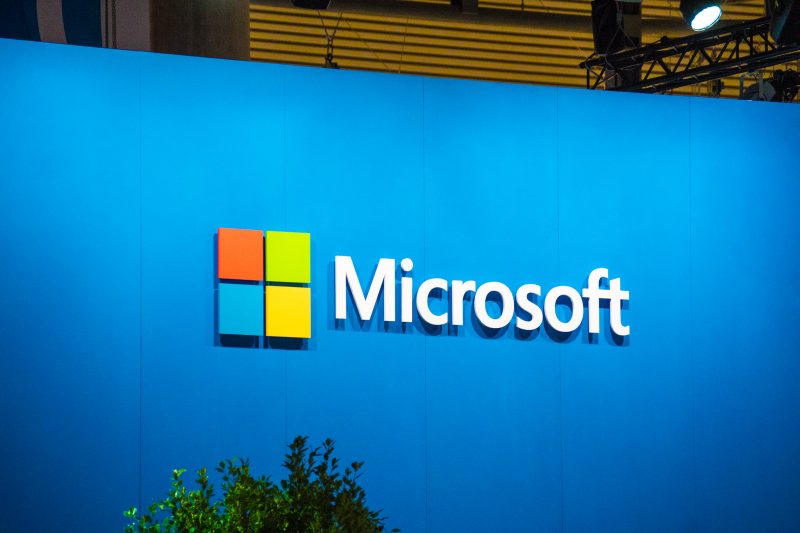 POLICY
POLICY
 POLICY
POLICY
 POLICY
POLICY
Microsoft Corp. has dropped the Dataflex brand name that it chose for a new relational database service that lets workers create, deploy and manage low-code applications and chatbots within Microsoft Teams.
Microsoft chose Dataflex as the new name for its Common Data Service governance framework that sits at the heart of its Power Platform business analytics tools. Dataflex was officially launched last month, but a prominent Microsoft expert quickly pointed out last month that the new name was likely to cause headaches.
The problem is that the trademark is already owned by another company, Data Access Worldwide Corp., which sells an application development platform called Dataflex. It has owned and used the brand since 1981.
Data Access quickly let it be known that it wasn’t happy about Microsoft stealing its brand, saying in a blog post that it was “totally surprised” by the revelation, and that it would be consulting legal experts for advice on what steps it could take.
After sending Microsoft a cease-and-desist letter, Data Access filed a lawsuit against Microsoft in the U.S. District Court for the Southern District of Florida, accusing it of trademark violation.
That was enough for Microsoft to take notice. As ZDNet reported today, Microsoft suddenly removed all of the web pages on Microsoft.com that referred to Dataflex. Some of those pages were later replaced with references to a new name, “Project Oakdale,” which appears to be a code name for Dataflex for Teams.
Microsoft announced Dataflex for Teams to encourage Teams developers to build more applications directly within the Teams collaboration platform. The service was set to be launched in public preview this month, but ZDNet said that may no longer be possible because of the trademark conflict.
Microsoft later told ZDNet that it has now decided to select a new name for the product, which it will share “in the coming weeks.”
“Living in a know-how society, there is a premium on intellectual property and that includes trademarks and brands, and that seems to be what Microsoft ran afoul of,” said Constellation Research Inc. analyst Holger Mueller. “It’s not a great situation for an enterprises with the resources like Microsoft to be in. But on the other hand, the Dataflex brand was never truly strong, so it is very likely that Microsoft can recover under a new and better brand for its low-code offering.”
Support our mission to keep content open and free by engaging with theCUBE community. Join theCUBE’s Alumni Trust Network, where technology leaders connect, share intelligence and create opportunities.
Founded by tech visionaries John Furrier and Dave Vellante, SiliconANGLE Media has built a dynamic ecosystem of industry-leading digital media brands that reach 15+ million elite tech professionals. Our new proprietary theCUBE AI Video Cloud is breaking ground in audience interaction, leveraging theCUBEai.com neural network to help technology companies make data-driven decisions and stay at the forefront of industry conversations.